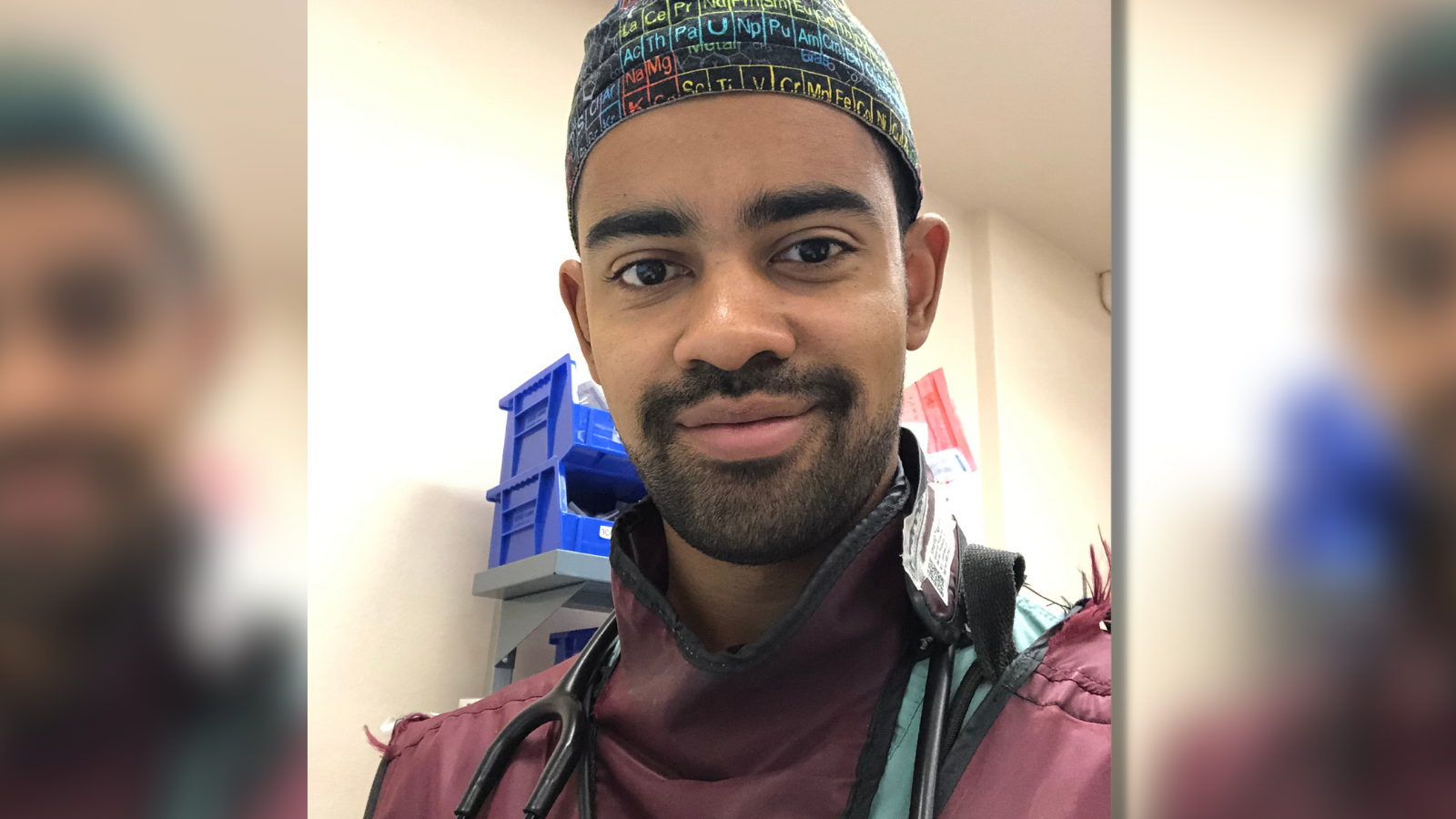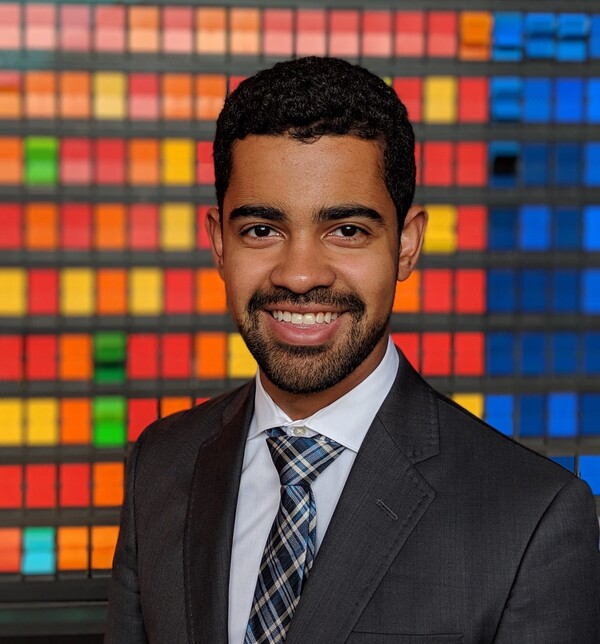Mobile Menu
- About Us
- Faculty & Staff
-
Education
- Message from the Vice Chair of Education
- Learner Assistance
- Opportunities for Trainees
- Family Practice Anesthesia Program
- (AFC) Hyperbaric Medicine Program
-
Fellowship Program
- Message from the Program Director
-
Fellowships Offered
- Advanced Airway Management (TGH)
- Airway Fellowship (MSH)
- Clinical and Basic Science Obstetric Anesthesia (MSH)
- Ehlers Danlos Syndrome (TGH)
- Joint Clinical/Malignant Hyperthermia Research Fellowship (TGH)
- Perioperative Quality Improvement and Patient Safety (MSH)
- Regional Anesthesia and Pain Management (MSH)
- Transitional/Chronic Pain Management (TGH)
- Perioperative Medicine (SMH)
- Abdominal Organ Transplantation Anesthesia
- Applying to the Program
- Professor's Rounds
- Current Trainees
- Pain Medicine Subspecialty Program
- Residency Program
- Undergraduate Program
- Training Verification Fee
- Global Health Program
- E-Learning Resources
- Faculty Development
- News & Events
- Research & Innovation
- Alumni
- Our Service Portal
- Donate

